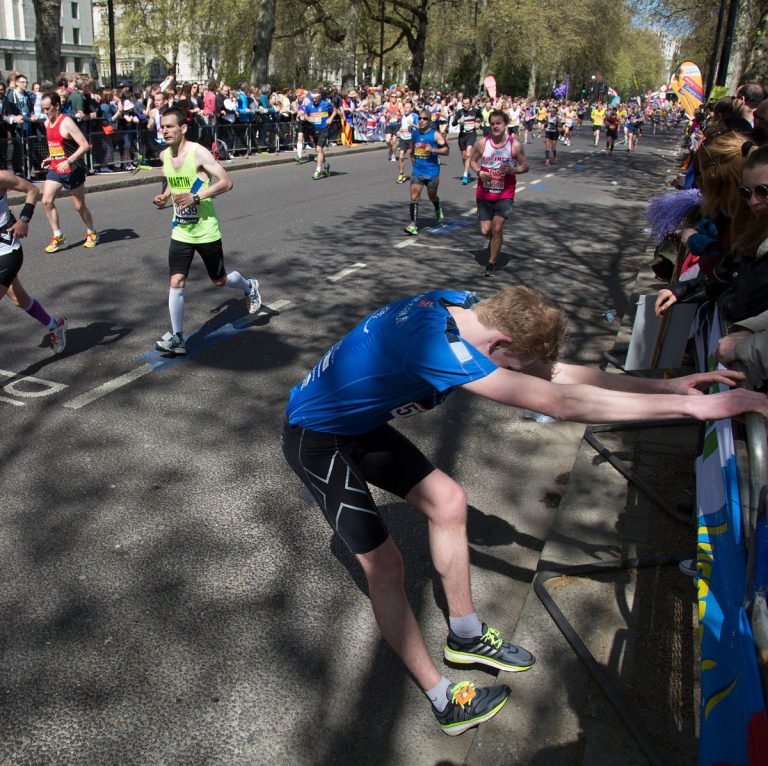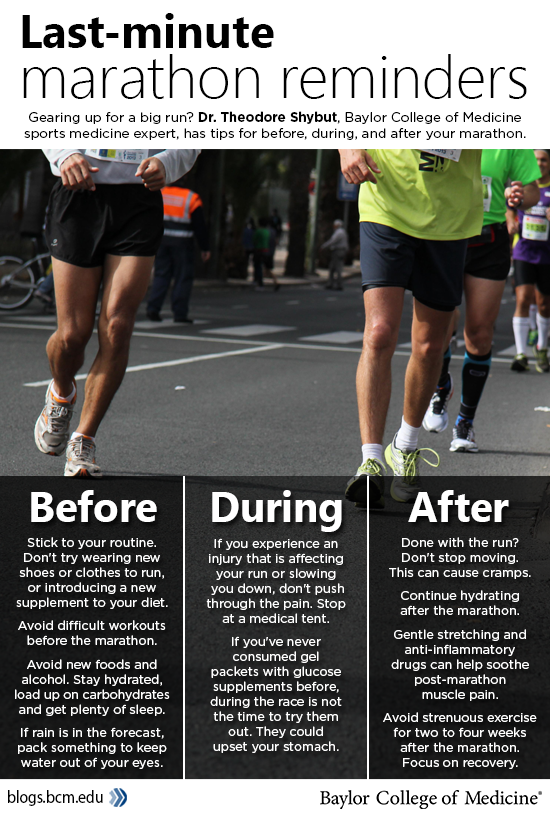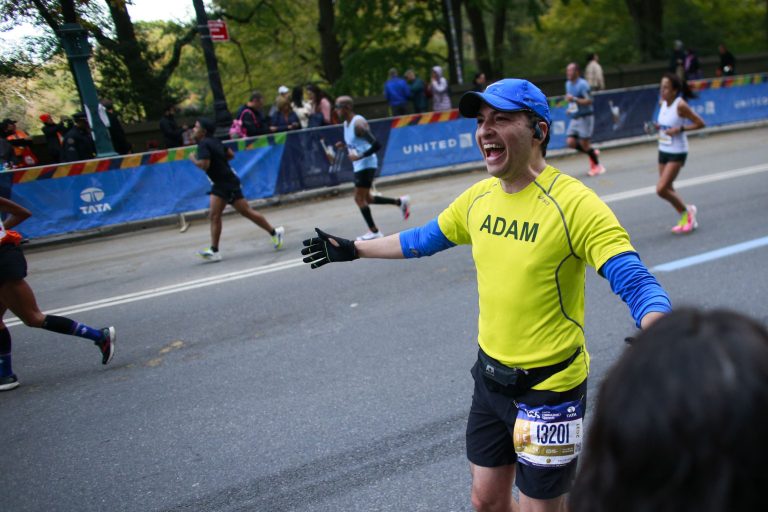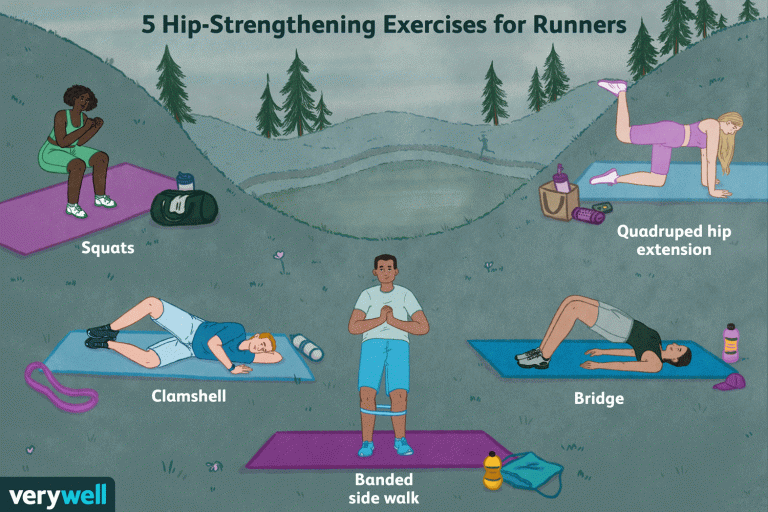How Long Does Marathon Training Take
Marathon training typically takes around 16 to 20 weeks. It involves gradually increasing mileage and intensity to prepare for the race day.
Embarking on marathon training is a significant commitment, requiring dedication, perseverance, and proper preparation. It is essential to follow a structured training plan that incorporates long runs, speed work, and rest days to build endurance and prevent injuries. Additionally, focusing on proper nutrition and hydration is crucial for optimal performance during training and on race day.
By adhering to a well-rounded training program and taking care of your body, you can increase your chances of achieving your marathon goals and crossing the finish line with pride.
Setting Goals
Determining Your Objectives
Before starting a marathon training program, it’s crucial to determine your personal objectives. Ask yourself why you want to run a marathon and what you aim to achieve. Whether it’s to improve your fitness, challenge yourself, or support a cause, establishing clear objectives will guide your training journey.
Choosing A Specific Race
Selecting a specific marathon to run is a key step in goal setting. Consider factors such as location, timing, and course difficulty. Research potential races to find one that aligns with your objectives and preferences. By committing to a specific event, you can design a training schedule tailored to that race’s requirements.
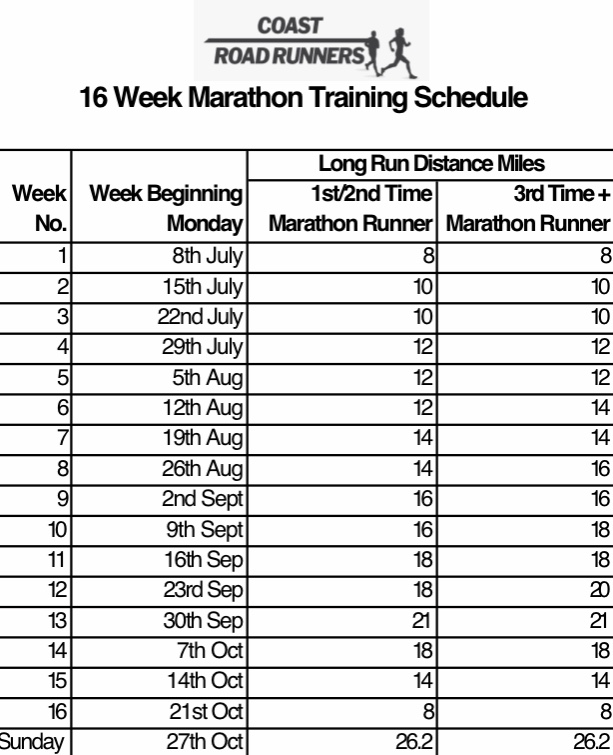
Credit: coastroadrunners.com
Planning Your Training Schedule
Begin by evaluating your current fitness level to tailor a training plan that suits you best.
Gradually increase your weekly mileage to establish a solid foundation for marathon training.
Add speed and tempo runs to enhance your endurance and pace during marathon training.
Nutrition And Hydration
Nutrition and hydration are critical aspects of marathon training that can make or break your performance. Properly fueling your body with the right nutrients and staying hydrated can greatly impact your endurance and recovery.
Balancing Macronutrients
Getting the right balance of macronutrients – carbohydrates, proteins, and fats – is essential for sustained energy levels during marathon training. Carbs are your body’s primary fuel source, proteins aid in muscle repair, and healthy fats support overall health.
Fueling During Long Runs
During long runs, it’s crucial to fuel your body with easily digestible carbohydrates such as energy gels, sports drinks, or bananas to replenish glycogen stores and maintain energy levels.
Hydration Strategies
Staying hydrated is key to optimal performance, especially during longer runs. To determine your fluid needs, weigh yourself before and after runs and aim to replace each pound lost with 16-20 ounces of fluid.
Injury Prevention And Rest
When it comes to marathon training, injury prevention and providing adequate rest for your body are crucial factors in achieving your goal. Implementing strategies to prevent injuries and allowing your body to rest properly will play a significant role in your overall training duration.
Listening To Your Body
Listening to your body is key in injury prevention during marathon training. If you experience persistent pain or discomfort, it’s important to address it promptly to prevent further injury. Being mindful of your body’s signals can help you adjust your training to prevent overuse injuries or strain.
Implementing Cross-training
Incorporating cross-training activities into your routine can help in preventing injuries by reducing the repetitive stress on specific muscles. By engaging in activities such as swimming, cycling, or yoga, you can improve overall strength and flexibility, lessening the likelihood of injuries during marathon training.
The Importance Of Rest Days
Rest days are vital for allowing your body to recover and adapt to the physical demands of marathon training. It’s crucial to recognize the value of incorporating rest days into your routine to minimize the risk of overtraining and optimizing performance.
Race Day Preparation
Preparing for race day is crucial to ensure a successful marathon experience. It’s not just about the physical training, but also about the mental and logistical aspects that contribute to your performance. In this section, we’ll explore the key elements of race day preparation, including tapering your training, mental preparation, and choosing the right gear.
Tapering Your Training
Tapering is a strategic reduction in training volume and intensity in the final weeks leading up to the marathon. This allows your body to recover from the accumulated fatigue and optimize performance on race day. During this period, it’s important to gradually reduce your mileage and intensity, giving your muscles time to rebuild and replenish glycogen stores.
A typical tapering plan can span around 2 to 3 weeks, depending on your fitness level and the length of your training program. During this time, focus on maintaining a consistent training routine while gradually decreasing the duration and intensity of your workouts. This will help your body peak at the right time, ensuring you are fresh and ready on race day.
Mental Preparation
Marathon running is not just a physical challenge; it also requires mental strength and resilience. Mental preparation plays a vital role in handling the distance, pushing through fatigue, and maintaining a positive mindset throughout the race.
To mentally prepare for a marathon, visualize yourself crossing the finish line, imagine the exhilaration you will feel, and set realistic goals for yourself. Develop a mental strategy to cope with the tough moments during the race, such as breaking down the distance into smaller manageable segments.
In addition, it’s important to have a positive and confident attitude towards your training and race day. Surround yourself with supportive friends and family, join local running groups, and stay motivated by reading success stories of other marathoners. With the right mental approach, you’ll find yourself better equipped to overcome challenges and achieve your marathon goals.
Choosing The Right Gear
Having the appropriate gear is essential to ensure comfort, performance, and injury prevention on race day. Here are some key considerations when selecting your marathon gear:
- Running Shoes: Invest in a pair of running shoes that provide adequate support, cushioning, and a proper fit. Consider getting fitted at a specialty running store to find the right shoe for your foot type and running style.
- Apparel: Opt for moisture-wicking and lightweight clothing that allows for breathability and flexibility. Dress in layers to adapt to changing weather conditions and consider wearing compression gear to enhance blood flow and reduce muscle fatigue.
- Accessories: Don’t forget essential accessories like a comfortable sports bra, moisture-wicking socks, a hat or visor, sunglasses for eye protection, and sunscreen to shield your skin from the sun’s rays.
- Nutrition and Hydration: Carry a hydration belt or use a handheld water bottle to stay hydrated during the race. Pre-plan your nutrition strategy, including energy gels or bars, to fuel your body and maintain energy levels throughout the marathon.
By carefully selecting your gear and ensuring everything fits well, you’ll be prepared to tackle the physical demands of the marathon and focus solely on your performance.
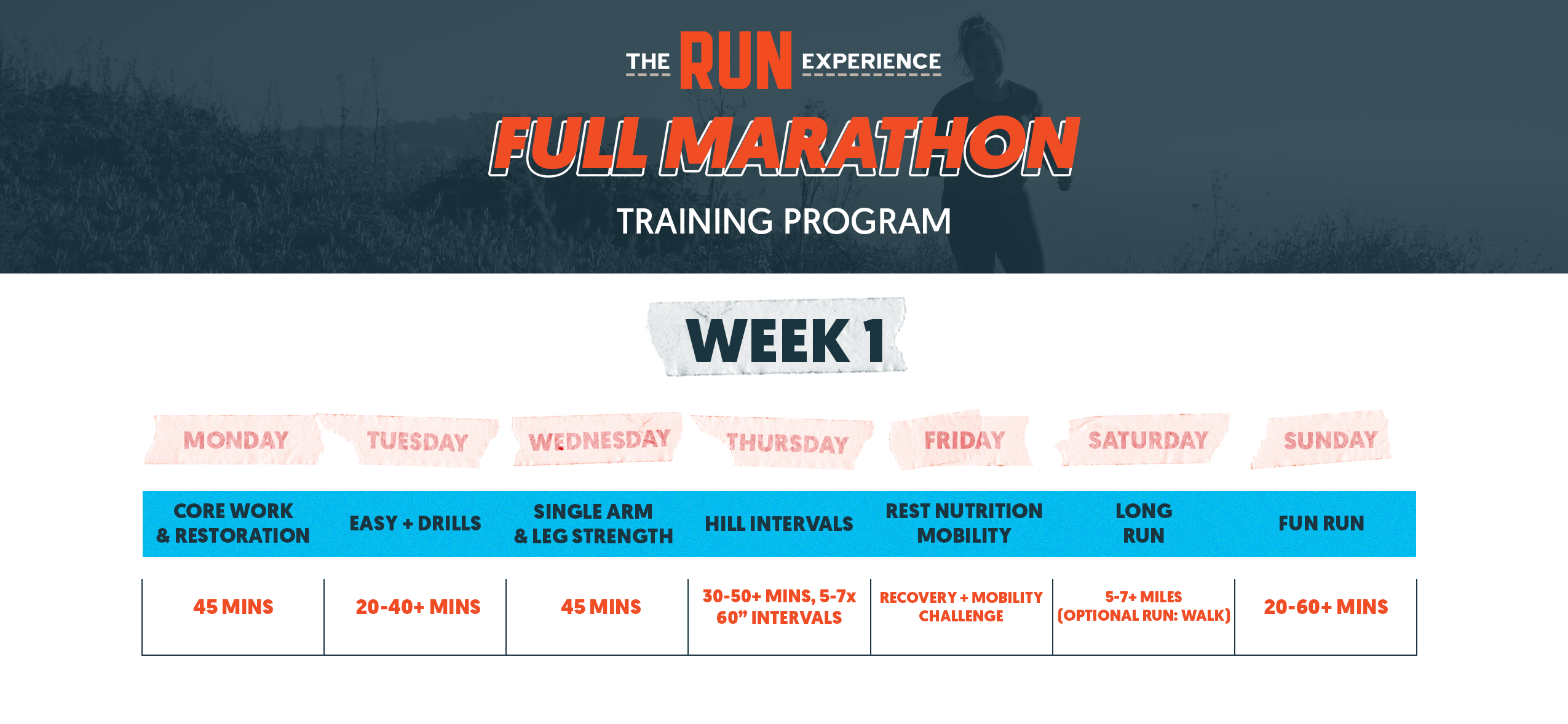
Credit: therunexperience.com

Credit: marathonhandbook.com
Frequently Asked Questions On How Long Does Marathon Training Take
How Long Should A Beginner Train For A Marathon?
A beginner should train for a marathon for at least 16-20 weeks. It is advisable to gradually increase mileage, cross-train, and incorporate rest days to avoid injury and build up endurance. Training programs and guidance from experts can help beginners prepare effectively.
How Long Does It Take To Go From Couch To Marathon?
It typically takes about 6-9 months for beginners to train for a marathon from the couch.
How Long Does It Take To Get In Shape For A Marathon?
Getting in shape for a marathon can take 4 to 6 months with consistent training.
Conclusion
The duration of marathon training varies. Factors such as current fitness level, previous experience, and race goals all impact the timeline. Aim for at least 16-20 weeks for optimal preparation and injury prevention. Remember, consistency, patience, and gradual progress are key to successful marathon training.

